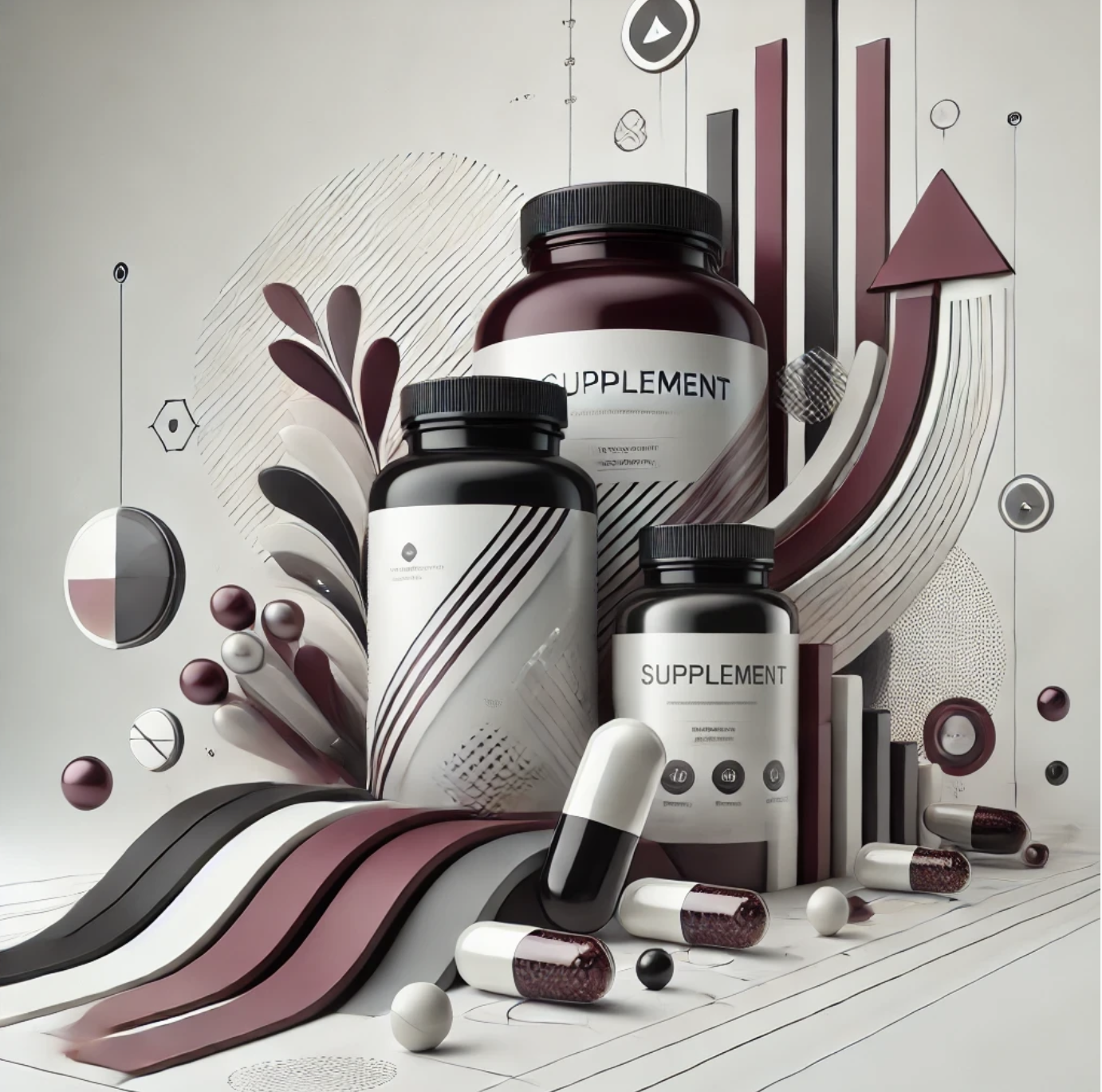How to Develop a Marketable Supplement Brand: Key Strategies for Success
How to Develop a Marketable Supplement Brand: Key Strategies for Success
The global dietary supplement market is expanding rapidly, projected to exceed $200 billion by 2027. However, with growing competition, it’s crucial for new supplement brands to stand out through strategic product development, compliance, and effective marketing. In this article, we outline essential steps to build a successful supplement brand that thrives in the competitive landscape.
1. Identify a Niche and Target Audience for Your Supplement Brand
Choosing the right niche is the foundation of a marketable supplement brand. The supplement market serves various needs, including weight management, immune support, and mental wellness. According to a report by Grand View Research, preventive healthcare trends are fueling demand for personalized and immunity-boosting supplements.
Key factors in choosing a niche:
Health Trends: Consumers are increasingly interested in plant-based and organic supplements.
Market Gaps: Identify gaps in existing offerings that your supplement brand can fill.
Target Audience: Define the demographics and psychographics of your ideal customers to better tailor your product and marketing strategy.
2. Focus on Supplement Product Development and Innovation
Product innovation is essential to stand out in a crowded dietary supplement market. Consumers are more likely to trust brands that offer scientifically-backed formulations and transparent ingredient sourcing.
Key considerations in supplement product development:
Evidence-Based Ingredients: Ensure that your supplements contain science-backed ingredients such as omega-3 fatty acids and probiotics.
Innovative Delivery Formats: Consider alternative formats like powders or gummies, as consumers are increasingly seeking convenient supplement forms.
Sustainability: Emphasize ethically sourced ingredients and eco-friendly practices to appeal to conscious consumers.
3. Navigate Regulatory Compliance for Supplements
Regulatory compliance is critical to the success of any supplement brand. Adhering to FDA guidelines and ensuring good manufacturing practices (GMP) not only protects your brand legally but also builds consumer trust.
Compliance essentials:
Accurate Labeling: Clearly list ingredients, serving sizes, and health claims.
Third-Party Testing: Use third-party testing to verify the purity and quality of your supplements.
Global Compliance: If expanding internationally, research local regulatory requirements such as those of the European Food Safety Authority (EFSA).
4. Build a Strong Supplement Brand Identity
Developing a strong brand identity goes beyond just packaging. It’s about building trust, transparency, and a connection with your audience. According to Nutraceutical Business Review, consumers increasingly value transparency in ingredient sourcing.
Key components of a supplement brand identity:
Transparent Sourcing: Highlight where your ingredients come from and their benefits.
Sustainability: Use eco-friendly packaging to attract environmentally conscious consumers.
Compelling Brand Story: Share your brand’s mission and values in a way that resonates with your audience.
5. Develop a Marketing Strategy for Your Supplement Brand
An effective marketing strategy is crucial to reach your audience and boost sales. Digital marketing, particularly through social media and content marketing, is highly effective for supplement brands.
Key marketing tactics:
Educational Content: Create valuable blog posts and videos that explain the benefits of your products. SEO content that answers common customer questions can also boost your site’s ranking.
Influencer Marketing: Partner with health and wellness influencers to increase your brand’s credibility and reach.
Customer Reviews: Encourage customers to leave reviews, as social proof can greatly influence purchasing decisions.
6. Create a Distribution Strategy for Your Supplement Brand
Your distribution strategy determines how accessible your supplements are to your target market. Consider a multi-channel approach that includes e-commerce and retail partnerships.
Distribution Channels:
E-commerce Platforms: Ensure a strong online presence and consider selling on Amazon for increased visibility.
Retail Partnerships: Partner with reputable retailers to boost credibility.
Subscription Models: Offer subscription-based services for supplements to generate recurring revenue.
Conclusion: Launching a Successful Supplement Brand
Developing a marketable supplement brand requires a strategic approach, from product development and regulatory compliance to branding and marketing. As the dietary supplement industry continues to grow, brands that focus on quality, innovation, and consumer engagement will succeed in standing out in the competitive marketplace.
By following these strategies, your brand can gain trust, increase visibility, and build lasting relationships with consumers.
References
Grand View Research. (2020). Dietary Supplements Market Size, Share & Trends Analysis Report By Ingredient, By Form, By Application, By End-user, By Distribution Channel, And Segment Forecasts, 2020 – 2027.
Statista. (2022). Digital Marketing in the Dietary Supplements Market.
Journal of Dietary Supplements. (2019). Ingredient Efficacy and Consumer Perceptions.
Nutraceuticals World. (2021). Trends in Sustainable Supplements.
Journal of Retail and Consumer Services. (2020). Retail Distribution and Consumer Trust in the Supplement Industry.
Nutritional Marketing Journal. (2021). The Impact of Influencer Marketing on Supplement Sales.
